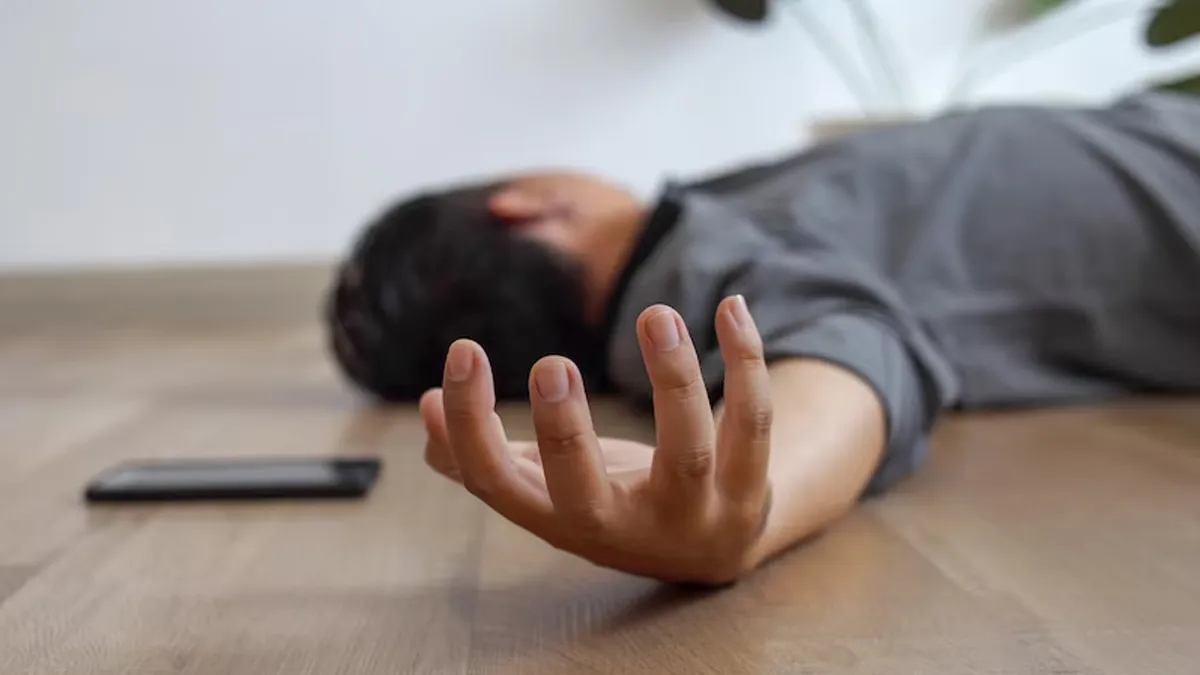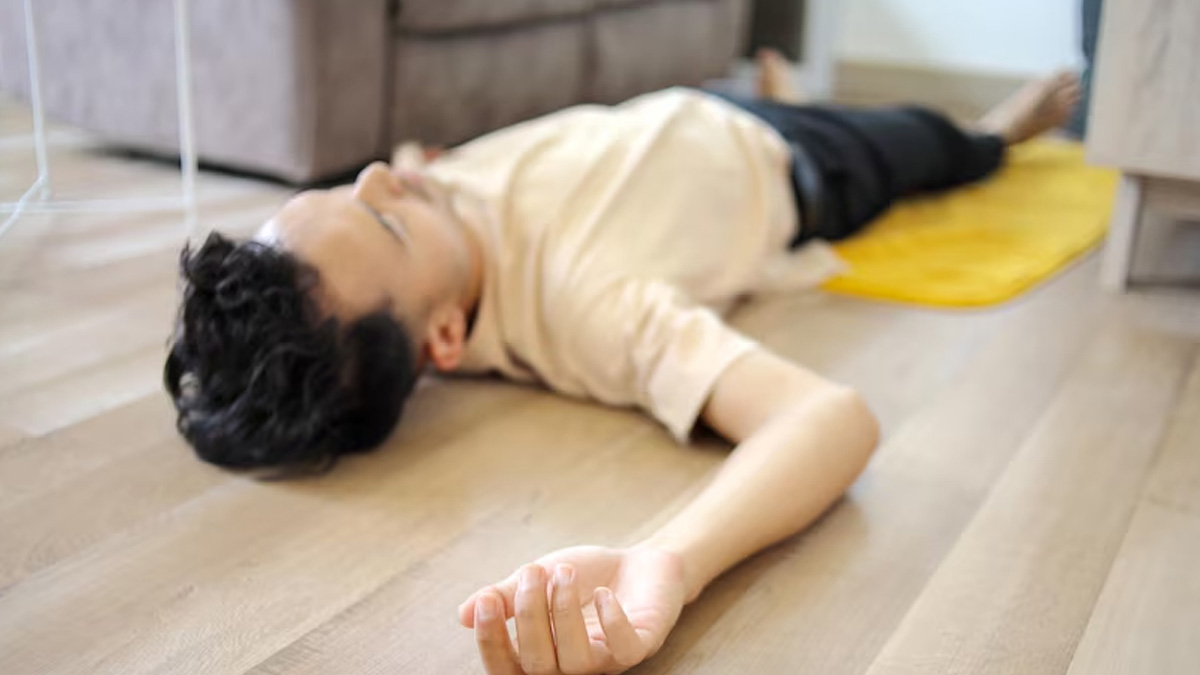
Seizures can be sudden and unpredictable, making it crucial for everyone to understand basic first aid measures to help someone experiencing one. Whether caused by epilepsy, fever, or other medical conditions, seizures require immediate but careful attention.
Table of Content:-
OnlyMyHealth spoke to Dr Rajnish Kumar, Principal Director & Unit Head – Neurology, Max Super Speciality Hospital, Dwarka to understand first aid for seizures.
He shares essential first-aid steps to ensure the safety of individuals experiencing a seizure:
Stay Calm and Reassure Others
The most important thing during a seizure is to remain calm. Panic can lead to unnecessary mistakes or injuries. Dr Kumar advises, "When a patient is having or had a seizure attack, we need to keep calm and help the patient. We need to take control and reassure people around us not to panic."
Ensure the Patient Can Breathe Freely
Seizures can sometimes cause breathing difficulties, so ensuring an open airway is crucial. Dr Rajnish Kumar highlights, "We need to loosen our clothing near or around the neck. It helps to reduce any obstruction in breathing. We need to remove the tie or loosen the button near the neck."

Clear the Surroundings to Prevent Injury
A person experiencing a seizure may thrash or move uncontrollably, which increases the risk of injury. Dr Rajnish Kumar recommends, "We need to remove furniture or any potentially dangerous thing around the patient to prevent injury. We need to be at ground level so that he does not fall and injure himself."
If the seizure occurs in a hazardous location, such as a road or near sharp objects, moving the person to a safer place is advisable. However, Dr Kumar warns, "Try to move them to a safer location if it can be done without causing harm."
Positioning the Patient Correctly
Lying in a safe position is crucial for the person's well-being. Dr Kumar explains, "We need to make the patient lie on one side with a pillow or soft cloth under his head." This position helps prevent choking on saliva or vomit.
What Not to Do During a Seizure

Many well-intentioned actions can actually be harmful during a seizure. According to Dr Kumar:
- "We should not try to stop the movement by force or try to wake him by shaking him."
- "We should not put anything in his mouth or try to insert our finger in the mouth, as the patient may get choked."
- "The person’s jaw may also be clenched tightly during the seizure, making it impossible to open their mouth."
These steps are crucial in preventing further harm to the patient.
After the Seizure: Providing Comfort and Monitoring Recovery
Once the seizure stops, the person may feel confused or exhausted. Dr Kumar advises, "We need to gently dry through secretion at the mouth and remain with the patient. We should not try to give water or any food till the patient is fully conscious."
If possible, recording the seizure or noting its details can be helpful. "We can ask someone to record the event so that once we go to the hospital, we can describe the whole sequence to the doctor. This information can also assist the doctor in understanding the type of seizure and in determining the most appropriate treatment," says Dr Rajnish Kumar.
Also read: National Epilepsy Day 2024: Expert Lists Ways To Support A Loved One with Epilepsy
When to Seek Emergency Medical Help

While many seizures resolve on their own, certain situations require immediate medical attention. According to Dr Kumar, you should call for emergency help if:
- The seizure lasts longer than 5 minutes.
- One seizure follows another without the person regaining consciousness in between.
- The person does not regain consciousness after the seizure.
- The person has difficulty breathing, turns blue, or is injured during the seizure.
Conclusion
Seizure first aid is about protecting the person from harm and providing comfort while waiting for the seizure to pass. Dr Rajnish Kumar stresses, "By staying calm, removing hazards, positioning the person safely, and not attempting to put anything in their mouth, you can greatly reduce the risk of injury and assist in their recovery."
Seizures can be distressing to witness, but understanding these basic steps can make a significant difference. Always seek medical attention if the situation seems dangerous or if the seizure lasts longer than five minutes.
Also watch this video
Read Next
Bloating Is Common In People With Ulcerative Colitis: Expert Explains Its Causes And Management Tips
How we keep this article up to date:
We work with experts and keep a close eye on the latest in health and wellness. Whenever there is a new research or helpful information, we update our articles with accurate and useful advice.
Current Version
